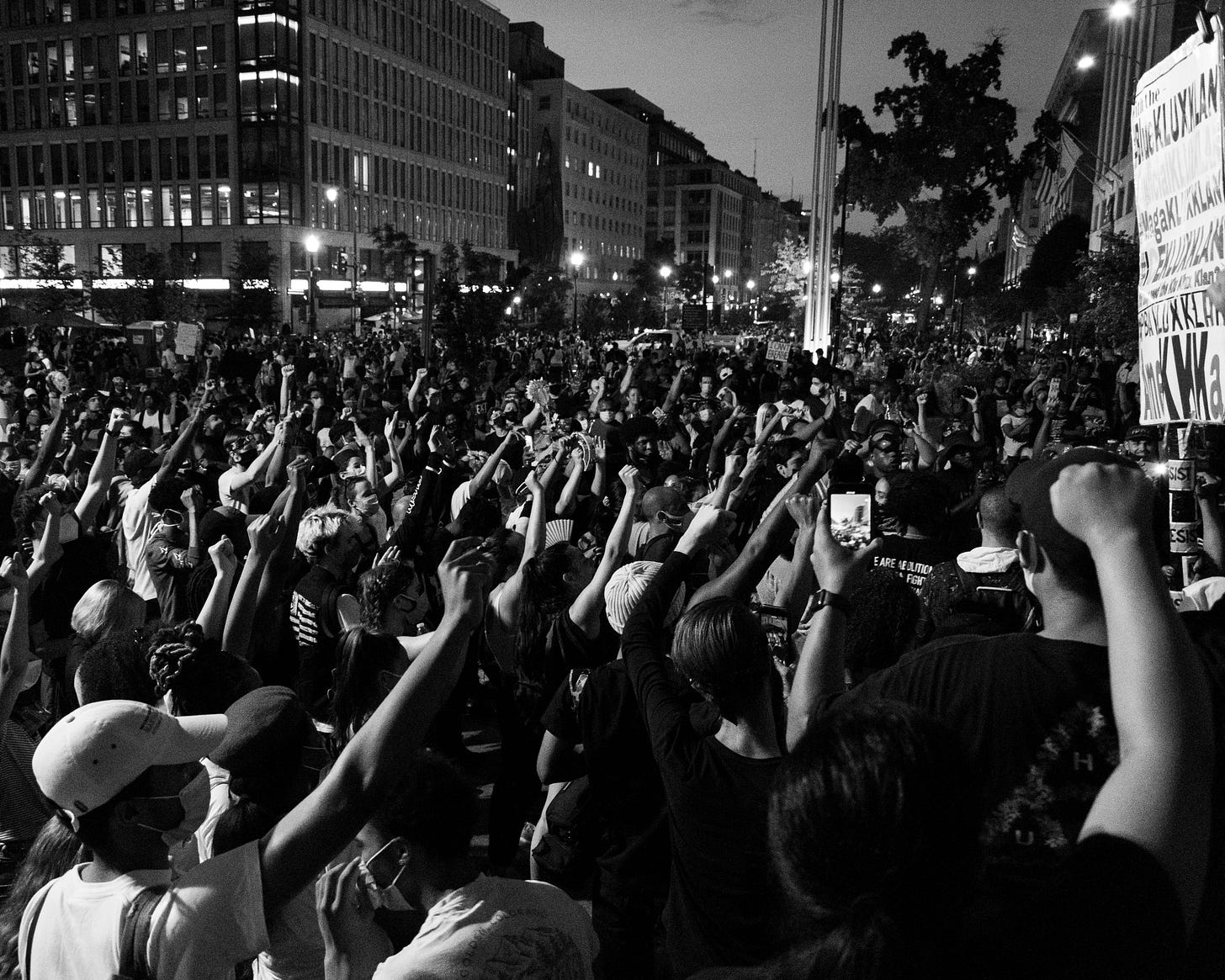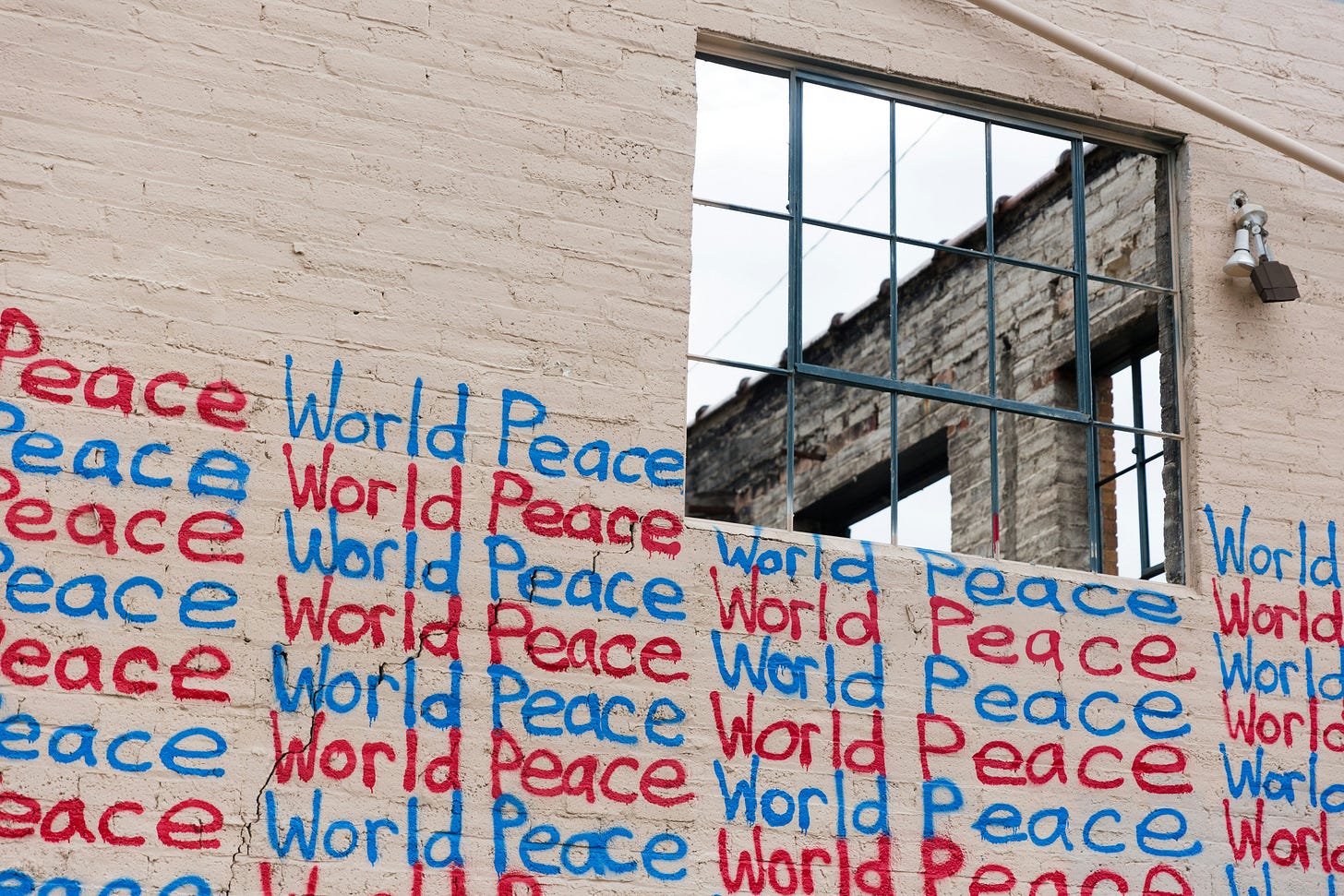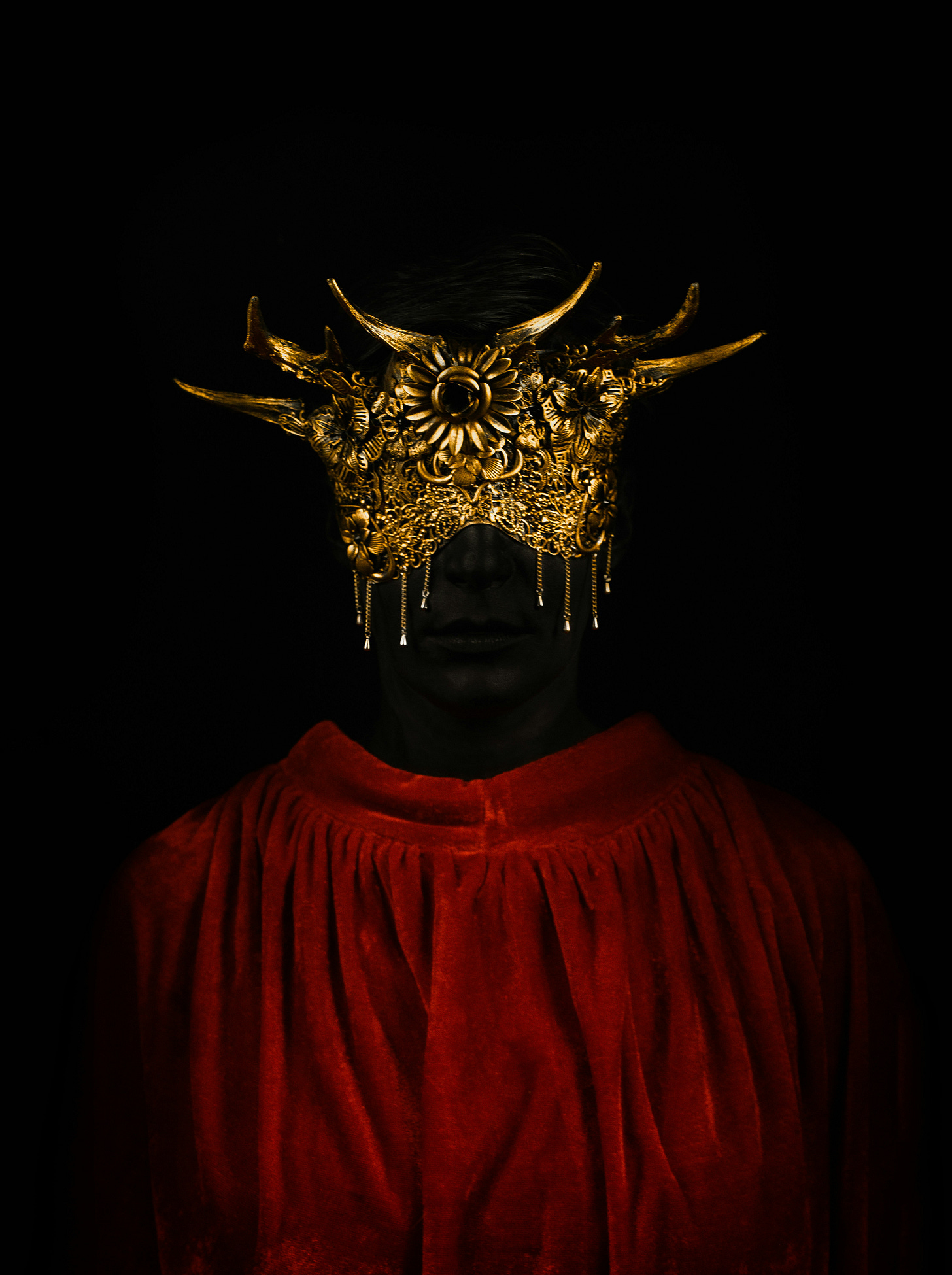
I’ve hesitated to write this piece.
Not because the idea isn’t compelling—it’s been gnawing at me ever since I finished Genesis, the follow-up to The Age of AI by Kissinger, Schmidt, and Huttenlocher. But because I’m not even sure where I land on it. It unsettled me. And I suspect it might unsettle you too.
Still, I think that’s the point. And I think it’s worth sharing.
If you’ve not read these books, I highly recommend them, especially for anyone curious about the intersection of AI, geopolitics, security, and what it means to be human in an age of thinking machines.
For today’s piece, I want to focus on one passage that stopped me cold. It comes from Chapter 5, on security, and it goes like this:
“If AI were indeed to fix problems that we should have hoped to solve ourselves, we could face a crisis of confidence: that is, overconfidence on the part of some and lack of confidence on the part of others. To the former, once we understand the limits of our own ability for self-correction, it may be difficult to admit that we have come to cede too much power to the assumed wisdom of machines in handling existential issues of human conduct. To the latter, the realization that simply removing human agency from the handling of our affairs has been enough to solve our most intractable problems might reveal too explicitly the shortcomings of human design. If peace has always been but a simple voluntary choice, the price of human imperfection has been paid in the coin of perpetual war. To know that a solution has always existed but has never been conceived by us would be crushing to human pride.”
How sad a picture we start to paint if we think that the majority of human suffering has not only been self-inflicted, but that—try as we might—inflicting that suffering is key to us being what we are: humans.
What if, like watching two drivers refuse to reverse a few feet to let the other pass on a narrow road, AI could one day observe our political gridlocks, our resource disputes, our holy wars—and see nothing but ego and error?
What if the deadlock was never technical, but temperamental? If the solution was always visible from above, just not from within?
And more than that—what would it do to us to know that?
Would we even accept the solution? Or would we reject it purely because it didn’t come from us?
Because if the problem is human-made, then peace might be too. And if peace was always an option—just one we refused to take—what does that say about the value we place on pride? On being right? On the righteousness of our side, our group, our god, our story? What does it say about the central role of identity and tribal thinking, not as obstacles to peace, but as the very reason we resist it?
That’s what I want to try and explore in this piece.
Not to reach a neat conclusion. Not to argue a side. Just to test the question in public and think it through in the open.
To begin that process, we have to make a temporary claim—one that needs to be accepted for this thought experiment to work: that everything—our beliefs, our borders, our values—is a story.
That idea, popularised by Yuval Noah Harari in Sapiens, is where we begin. So, if you’re reading this, I’d ask you to treat it as a thought experiment. Not a policy paper. Nor a provocation for provocation’s sake. Just a space to work something out.
The Greatest Story Ever Told

An historian by training and philosopher by temperament, Yuval Noah Harari rose to prominence with his 2011 book Sapiens: A Brief History of Humankind – a sweeping narrative that attempted to explain the entire arc of human civilisation in just under 500 pages.
The core idea of the work is that human cooperation on a massive scale is only possible because of our ability to believe in shared stories: myths, religions, legal systems, ideologies, even brands. From Homo sapiens overtaking other hominids to the invention of capitalism and the nation-state, Harari argues that the key to our dominance isn’t physical strength or superior tools, but rather, our imagination.
When looked at through an evolutionary lens, it makes sense. We are animals, after all – rather clever ones, but animals, nonetheless. To operate in larger groups, we need shorthand ways to communicate, to build trust, and to coordinate behaviour. That’s where stories come in.
Our closest genetic relatives, chimpanzees, who share about 98.8% of our DNA, typically live in groups of 20 to 50, rarely exceeding 150. Similar thresholds are seen in other highly social mammals like baboons and elephants, whose groups also tend to max out around the same size.
Why the cap? Because within groups of 150 or fewer, everyone can be personally known. You can vet people directly. You know who bends the truth, who always pays their debt, who’s generous, who’s selfish, who’s reliable in a crisis. Social cohesion is maintained through lived experience.
But once a group exceed that number, personal knowledge breaks down. We lose the ability to monitor and trust each other based on direct interaction. So, we begin to rely on shared fictions. Imagined orders. Systems that allow us to trust strangers by anchoring belief in something bigger than ourselves.
Like money, where everything from salt to shells to gold to paper has created a shared illusion of value. Or football clubs, which command lifelong loyalty from fans even though the players come and go, the managers change, and the club is ultimately just a legal entity – itself a piece of paper. The meaning doesn’t lie in the components – it lies in the story we tell about them.
In Sapiens, Harari gives a sharp breakdown of this concept through the example of Peugeot. Not the car itself, or the factory, or even the workers – but the company. As he puts it, you can destroy the building, fire the staff, replace the CEO, but “Peugeot” continues to exist. That’s because it exists not as a physical thing, but as a legal and cultural fiction. A collective belief system backed by laws, contracts, and human imagination.
That’s the function of story at scale: it’s what turns strangers into society – the infrastructure our minds run on.
Truth or Dare
For those new to this way of thinking, it can feel disorienting – even absurd – to entertain the idea that everything, including who we are, is just a story. That identity, belief, or even truth might not be fixed but constructed. Told. Agreed upon.
But that’s exactly what makes stories so powerful. When enough people believe them, they become reality.
At the heart of this is a distinction between objective truths and shared truths.
Objective truths exist whether we believe in them or not: gravity pulls, fire burns, bodies decay. These don’t rely on a consensus; they happen whether you believe in it or not.
Shared truths, on the other hand, only exist because we agree they do. Money, borders, human rights, job titles, marriage contracts. None of these exist in the natural world. They exist in the world we’ve agreed into being – built from stories, enforced by symbols, and upheld by collective belief.
In philosophy, this is a matter of ontology (what exists) and epistemology (how we know what exists). But for our purposes, it’s simpler than that: some things are true because they’re real, and some things are real because they’re believed.
Stories aren’t just how we explain the world. They’re how we shape it. The stories we choose to believe don’t just reflect our values; they create our outcomes.
From divine right to public mandate
Before democracy became the default ideal, before it was the word every state claimed, every regime appropriated, and every citizen expected, there was monarchy. And it, too, was once a story we all agreed to believe.
And before monarchy, there was something even more basic. Our first working draft, if you like.
Draft One: Tribalism and Animism.
In early human societies, power flowed from proximity, not principle. Tribes selected leaders based on strength, age, or wisdom. Survival was the only mandate. Storytelling was functional. Animistic beliefs helped explain the natural world: the storm came because we angered the gods, the harvest failed because we broke a taboo. Authority was tied to ritual. Elders and shamans mediated between the living and the unknowable.
This worked for a while. Until populations grew, cities rose, and strangers had to cooperate. The story had to scale.
Draft Two: Monarchy
As societies got larger, people needed a way to legitimise power beyond personal reputation. So, the story evolved.
Power descends from the divine. Kings were chosen by gods. The ruler wasn’t one of us, but above us. It wasn’t quite government, more theology in velvet robes.
In Europe, monarchs claimed divine right. In France, Louis XIV embodied the system: L’État, c’est moi. In England, Henry VIII split from Rome and declared himself head of the Church, so his authority had no earthly equal. In Egypt, the pharaoh was a literal god.
Power was inherited. Hierarchies were fixed. And for a long time, this worked too, until people started to imagine a different draft.
The rewrite didn’t happen overnight. It happened in layers and centuries.
In 1215, the Magna Carta forced England’s King John to accept that royal power could be constrained by law. Later, Charles I lost his head in the English Civil War. Oliver Cromwell and the Parliamentarians challenged the idea that divine right was unchallengeable.
Fast forward to the 18th century, and Enlightenment thinkers were drafting something new. Locke argued that sovereignty belonged to the people. Montesquieu proposed the separation of powers. Rousseau framed the social contract as the moral basis for legitimacy. The story kept shifting – What began as a theory – sovereignty belongs to the people, the state is a contract, rulers serve by consent – soon became the rallying cries.
Revolutions gave this story blood and teeth.
In America, colonists challenged imperial authority with the words “No taxation without representation.” In France, the people marched on Versailles, tore down the Bastille, and executed Louis XVI in the name of Liberté, égalité, fraternité.
And still, the story wasn’t finished. Napoleon crowned himself emperor. Monarchies returned in diluted form. Even today, many remain. But the meaning has changed. The UK has a king, but power lies in Parliament. The crown became symbolic; the vote became sacred.
That’s how stories shift. Not through clear edits but through revisions. Drafts layered over drafts. Each one borrows something from the past while rewriting its premise.
We believed each one until we didn’t. The question now is: what’s in the next draft, and who’s doing the writing?
What’s your story?

You may have noticed I chose a relatively safe, uncontroversial example to illustrate the point that the story you believe in determines the kind of reality you live in. That was intentional. I didn’t want to get stuck in the trenches of political hot takes or culture war discourse.
But now that you’ve seen the story structure at play – from tribalism to monarchy to democracy – you’ll start to spot it everywhere.
It’s there in how race and identity have shaped social hierarchies across history. It’s there in the way religion has launched both armadas and humanitarian missions. It’s there in how we’ve imagined and reimagined the role of men and women, in who gets to lead, who gets to speak, who gets to belong.
Even if you don’t believe these are “just stories,” try stepping back – just for a moment – and looking at them as if they were.
Notice how some stories feel natural to you, morally right, even obvious, while others feel backwards, unjust, incomprehensible?
Now ask yourself: why?
Chances are, it’s the story you were raised in. Your upbringing. Your cultural reference points. The customs you inherited. The myth you were handed. The values you were told were universal – until you met someone who’d been told a different set.
And here’s where it gets interesting.
What if someone–or something–could step back completely? Remove ego, emotion, and identity and simply engineer the best possible story for the greatest human flourishing?
What if that potential ceasefire you’re thinking of – yes, that one that just popped into your head – really did have a workable solution? Not perfect, but one that could maximise peace, prosperity, and dignity on both sides.
Would we implement it?
Would we even entertain it?
Can human societies move that fast?
Go back to the monarchy example for a second. Could we have gone from Henry VIII beheading his wives to American comedian Kathy Griffin pretending to behead Donald Trump…in just a few years? Probably not. We needed centuries. Rebellions. Revolutions. Rewrites. Would we have accepted democracy if it had simply been handed to us overnight by an alien intelligence?
Even as AI promises to solve so many things – conflict, logistics, negotiation, scarcity – we have to ask: Could we ever actually buy into it?
Or do we need these tensions to feel human?
Do we need the friction, the fight, the mess of story-making and the bloodshed that comes with it to remind ourselves we’re still the authors?
An Artificial Peace

If AI became all-seeing, all-knowing, would it matter?
Would it change how we feel? How we trust? How we choose?
We are, after all, still apes. Sophisticated, yes. But still tethered to biology that evolved for survival, not transcendence. Our intelligence has already outpaced our design. In a way, we’re not normal anymore. Not natural.
Even before AI, our world was already artificial.
We tame fire with thermostats. Defy gravity with aeroplanes and rockets. We build indoor rainforest in deserted malls. We modify our crops, our genes, our timelines. The natural order was bent a long time ago.
But all of that happened at a pace we could manage. At the speed of human.
Because we were the ones leading the change. We built the tools. We told the stories, We had time to pretend we were in control.
With AI, we shift gears.
Suddenly, solutions arrive faster than we can build consensus. Outcomes appear before the debate has even begun. And we’re left holding the slow, analogue machinery of belief – politics, culture, identity – while the system renders new realities in real time.
Here’s the question I still can’t answer:
Is it better to live in a flawed world of our own creation?
Or in a near-perfect one that’s imposed on us?
And would that really be peace, or just a more elegant version of the serfdom we thought we’d left behind?
Thank you for reading.
If this sparked something—unease, curiosity, disagreement—I’d love to hear it. Replies are open. Bring your story.
Until next time.




